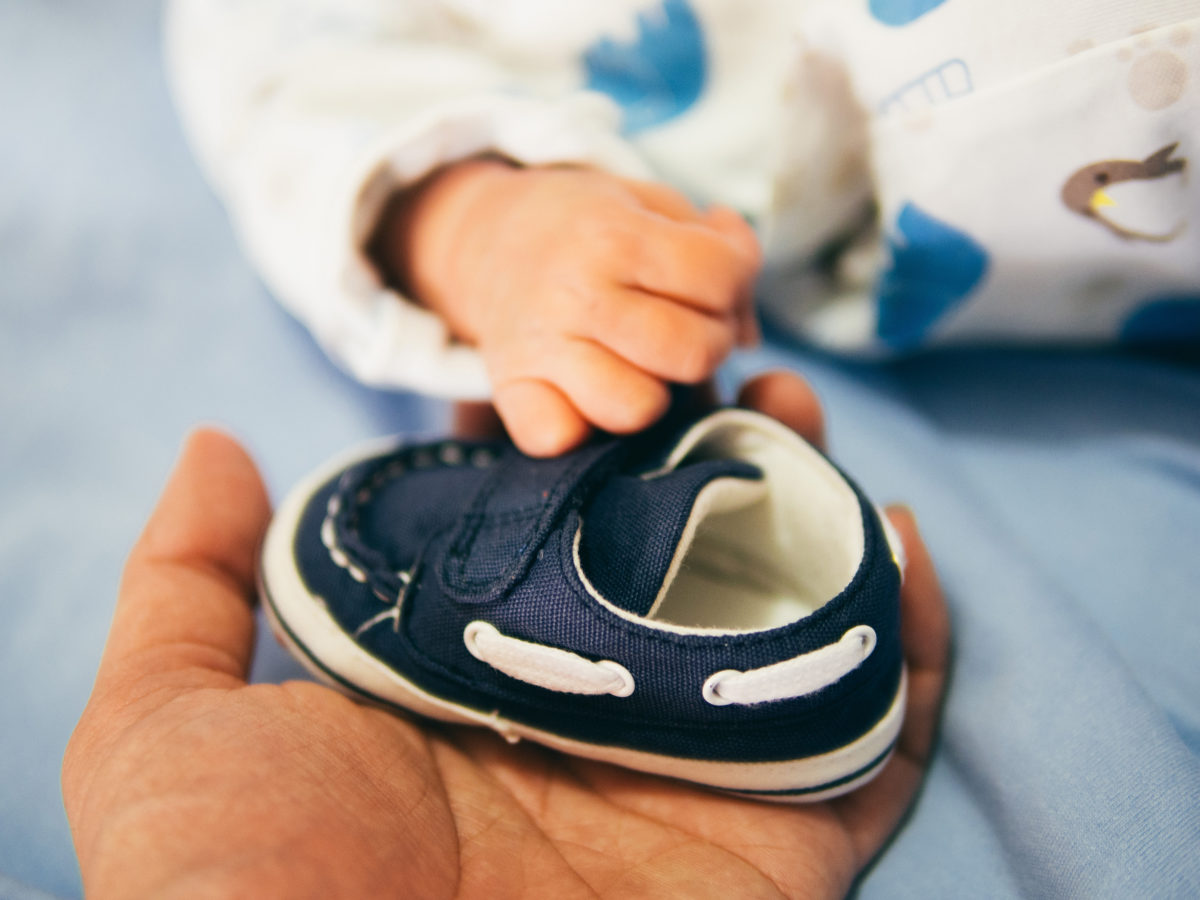
04 Feb A Great Act of Compassion
This blog is part of our OVC: Kenya series. Over the next month we will be launching our campaign to establish advocates for orphans and vulnerable children in Kenya through our local partners.
Homeless. Fatherless. No rights. No protection.
The plight of an orphan in biblical times was bleak. In a patriarchal society, those without a father were defenseless; left at the mercy of those from whom they begged. Orphans, widows, immigrants, and the poor were all at the bottom of society, little above dogs. For many orphans today, their fate is not much different, including those in the United States.
- According to the U.S. Department of Justice, “as many as 300,000 American children are at risk of falling victim to sex trafficking.” SOURCE
- All of these children are vulnerable, many are also orphans.
- 278 children in Greenville County are in need of a foster home
- In 2008, the under-5 mortality rate in Kenya was 128/1,000 children. In the United States, it was 8/1,000. SOURCE
Curiously, orphans and other vulnerable populations are the populations with whom God most closely identifies to believers. We are the orphans who are adopted. We are the widows made a bride. We are the poor given riches.
Throughout Scripture, caring for the orphan and fatherless is commanded as standard practice for the nation of Israel. Frequently, when God condemns the wickedest men, he refers to their lack of care for orphans and widows, the most vulnerable populations:
For wicked men are found among my people…They know no bounds in deeds of evil; they judge not with justice the cause of the fatherless, to make it prosper, and they do not defend the rights of the needy. Shall I not punish them for these things? declares the Lord, and shall I not avenge myself on a nation such as this?”
In the same way, Jesus tells his disciples: “I will not leave you as orphans; I will come to you.” (John 14:18) By the Holy Spirit we are able to cry, “Abba, Father” and receive our inheritance with Christ (Romans 8).
We are acutely aware of the alienation and hardship faced by orphans, even if our alienation was spiritual and not physical. As such, our rescue and inclusion compel us to act faithfully to care for the orphans.
As believers, we have the opportunity to provide a tangible model for our spiritual reality. We are free to show compassion and mercy on those who are most vulnerable. The Latin root of compassion is compati meaning “to suffer with.” By providing for orphans and vulnerable children, we are entering into their suffering. We know as believers we have a great high priest who is able to sympathize with us in our suffering (Hebrews 4:15) and so we are able to sympathize with orphans and vulnerable children in their suffering. Compassion is not merely a feeling, but an action. Compassion without action is mere pity.
In a great act of compassion, God sent His own son to suffer on our behalf. He provided our greatest need at the cost of His son’s life. As Jesus’ suffering means our eternal life so our temporary hardship means life for a vulnerable child.
There are several ways to come alongside orphans and vulnerable children through Grace Church including becoming an advocate for a child in Kenya, becoming a Foster Parent for a child in the Upstate, becoming a Guardian Ad Litem, adopting a Foster Family at our church, or volunteering at the Foster Care Closet.
If you are interested in advocating for an orphan or vulnerable child in Kenya, sign up online.
If you are interested in learning more about fostering or becoming a Guardian Ad Litem contact Taylor Beard.
To volunteer at the Grace Church Foster Closet or support a Foster Family, sign up online.


